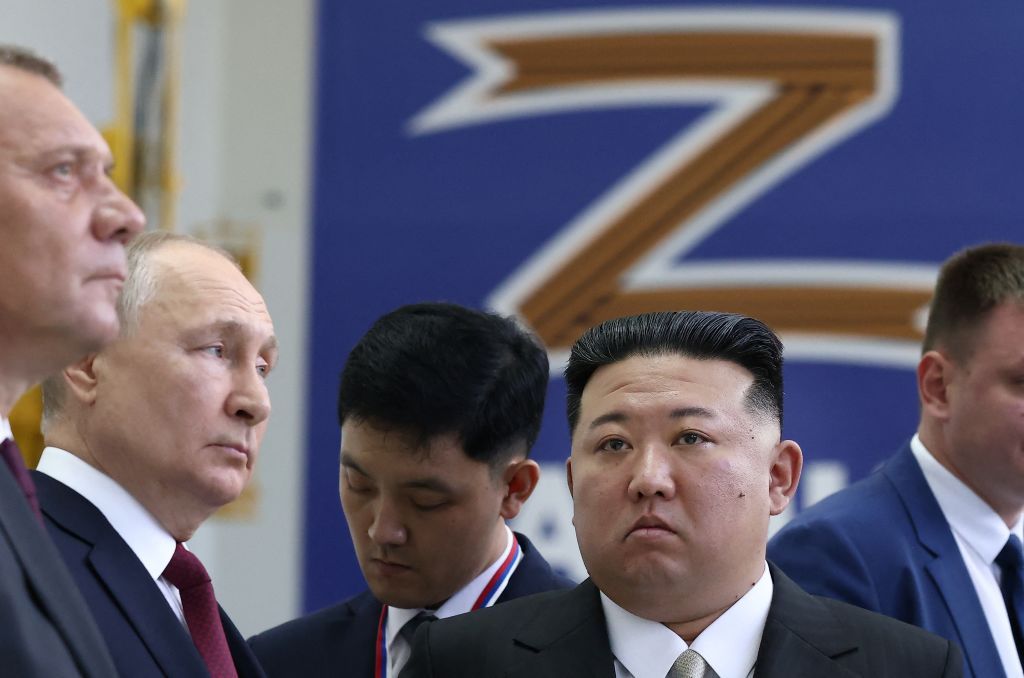Germany's finance minister says Europe must do more to support Ukraine.
Germany is "doing its part" to support Ukraine and will "mobilize even more if necessary," but Europe must do more, said German Finance Minister Christian Lindner on Jan.
28. Germany was widely criticized in the immediate aftermath of Russia's full-scale invasion for the country's sluggish and overly cautious approach to providing aid to Ukraine, considering its status as the EU's biggest economy. It has since significantly increased its military support for Ukraine, becoming the second-largest provider of military aid behind the U.S.
Lindner's comments echo those made by German Chancellor Olaf Scholz, who said earlier in January that Germany's military support for Ukraine is insufficient to compensate for the deficit from other EU countries. "It cannot be the case that Germany does more so that others can continue to do too little," said Lindner at the European Liberal Party Conference in Berlin. German Defense Minister Boris Pistorius said in November that the EU would fall short of its goal of providing one million shells to Ukraine by March 2024.
The bloc's plan to ramp up shell production to boost Ukraine's artillery capabilities has been plagued by bureaucracy and protectionism of individual countries, an investigation by the Kyiv Independent and its partners revealed. Ukraine's need for munition supplies becomes ever more pressing as Russia is boosting its defense budget for 2024 and was reportedly able to secure over one million shells from North Korea, while political infighting in Washington causes cutbacks in U.S. military support for Kyiv. Martin Herem, the commander of the Estonian Defense Forces, said on Jan.
24 that NATO has underestimated Russia's ability to supply its war in Ukraine, and Russian production of artillery shells is far outstripping European efforts.
Russia's use of North Korean ballistic missiles not a sign of Moscow's depleted domestic capacity Russia's missile campaign against Ukraine's cities and infrastructure is no longer limited by the rate of domestic production as North Korea becomes its top weapons supplier. Pyongyang has allegedly sent Moscow more than 1 million artillery rounds and the mass strikes on Dec.
30 and Jan.
2 provided
